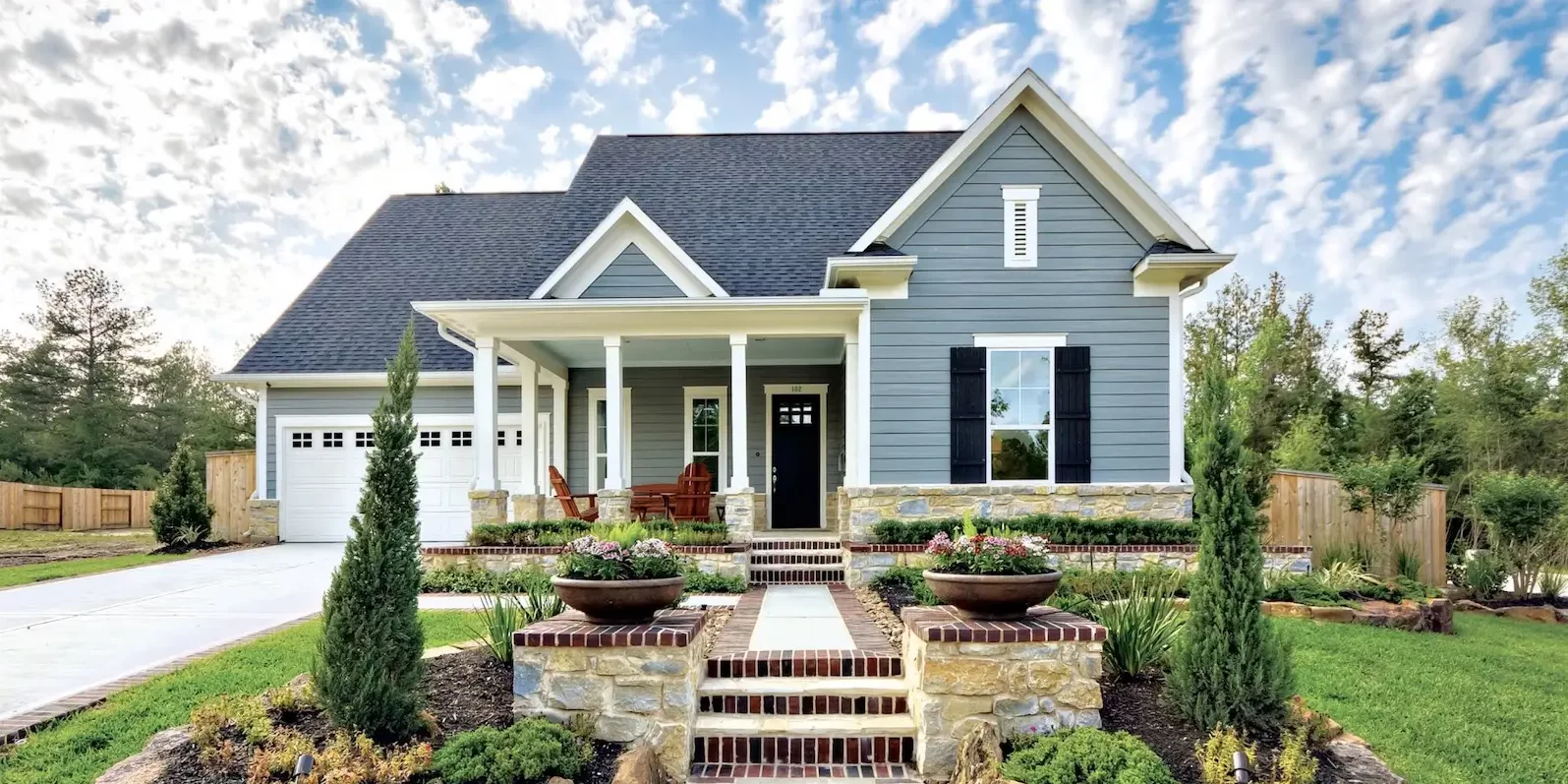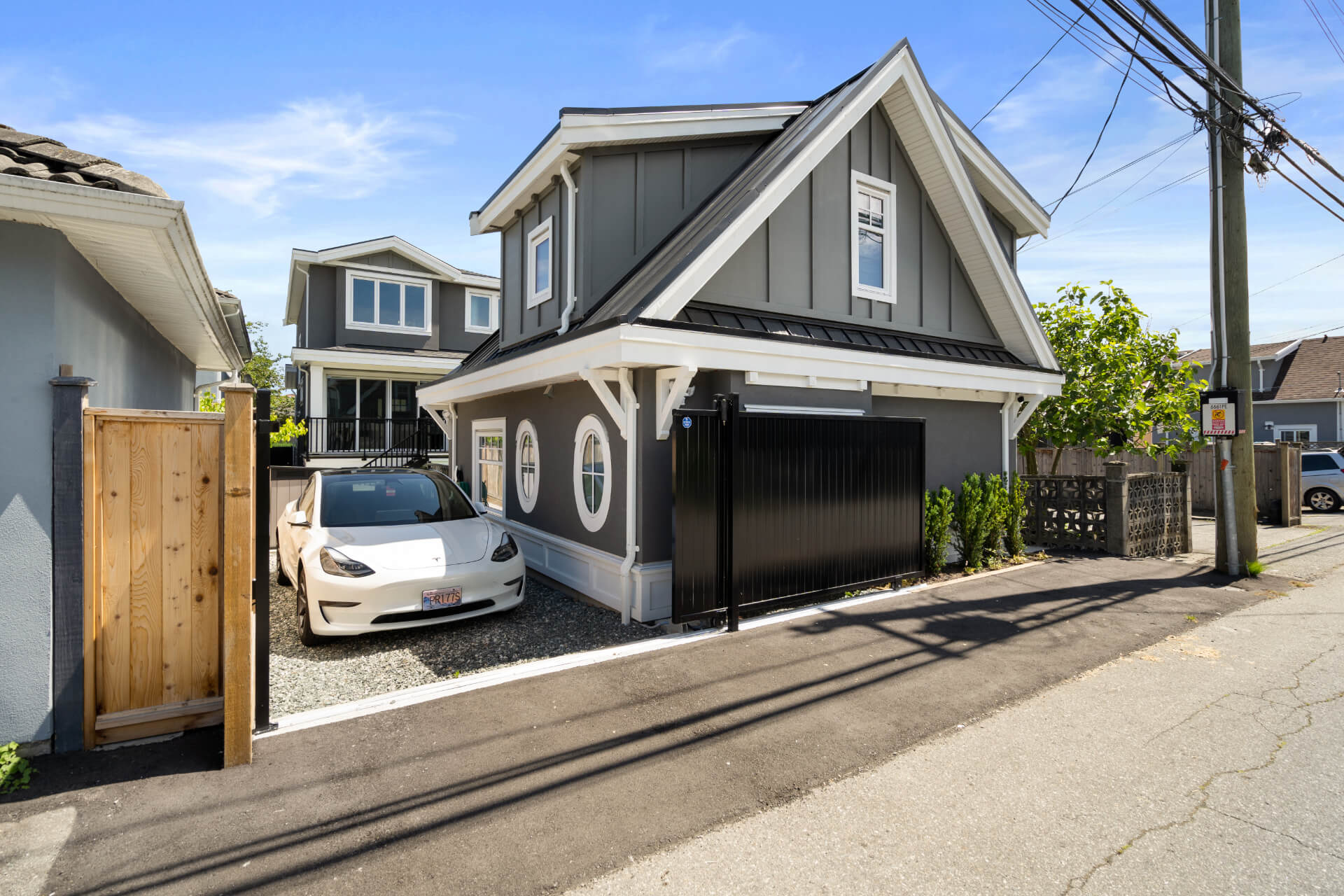When it comes to arranging rental properties, the protection of your investment is paramount. As a landlord or property manager, ensuring the security of your rental properties is not just about maintaining the physical structure; it’s also about safeguarding your rental income, protecting yourself from potential liabilities, and ensuring a smooth, hassle-free experience for you and your tenants. The world of property management may be complex, with various legalities, risks, and challenges that must be navigated. In this ultimate guide to property management, we’ll explore the crucial steps you must take to ensure that your rentals are adequately protected.
The Importance of Rental Property Protection
Protecting your rental properties is not just a matter of securing your physical assets but also a way to shield yourself from financial losses. Rental properties can be subject to several risks, including property damage, theft, legal disputes, and liability claims. These risks may lead to significant financial strain and legal challenges without adequate protection. One of the first steps to securing your rentals is understanding what kind of protection you need, which can come in several forms: insurance coverage, tenant agreements, legal protections, and proper maintenance practices.

Landlord Insurance: A Must-Have for Protection
Landlord insurance is one of the most essential tools for protecting your rental property. Unlike regular homeowner insurance, landlord insurance is specifically designed to cover the risks of renting out a property. It covers property damage caused by fire, storms, or vandalism and liability coverage if a tenant or visitor is injured on the premises. Some policies also cover loss of rental income, which can be a lifesaver if your property becomes uninhabitable due to an insured event.
There are different kinds of landlord insurance policies, each with its own level of coverage. Evaluating your specific needs and choosing a policy that provides sufficient protection is essential. Consider additional coverage choices, such as landlord contents insurance (for furnished rentals) or rent guarantee insurance (which covers rental income if a tenant defaults on payments).
Tenant Screening: The First Line of Defense
One of the most effective ways to protect your rental property is by straining possible residents. Tenant screening helps you choose reliable renters less likely to cause property damage, fail to pay rent, or engage in illegal activities. The screening process typically includes background checks, credit history reviews, and reference checks. These checks may provide valuable insight into a resident’s reliability and ability to pay rent on time.
In addition to checking financial reliability, it’s also essential to ensure that the tenant has a history of respecting other people’s property. This can be determined by contacting previous landlords or employers to inquire about the tenant’s behavior, payment history, and overall responsibility. By choosing tenants with a proven track record of good behavior, you significantly reduce the risk of future issues with property damage, late payments, or disputes.
Security Deposits: An Effective Financial Safety Net
Security deposits play a vital role in safeguarding rental property. They act as a financial buffer if a resident causes damage or fails to pay rent. In most areas, landlords can charge a security deposit for one or two months’ rent, depending on local regulations.
Setting clear expectations with tenants is essential when managing security deposits. Ensure that the lease agreement includes details outlining the circumstances under which the deposit may be withheld, such as cleaning or repairs. At the end of the lease, perform a thorough inspection with the tenant to assess any damage and provide an itemized list of any deductions from the deposit, if necessary.

Proper Maintenance: Preventing Issues Before They Arise
Preventive maintenance is key to protecting your rental property. Regular inspections and maintenance may help identify and address possible issues before they escalate into expensive repairs. By staying on top of property upkeep, you save your investment and create a more comfortable living environment for your tenants.
Prioritize maintenance tasks such as checking the plumbing and electrical systems, ensuring that appliances are in good working condition, and maintaining the exterior of the property (e.g., gutters, roof, and foundation). In addition to regular maintenance, you should have a system to respond to tenant repair requests promptly. Addressing maintenance issues promptly can lead to tenant satisfaction and, in some cases, legal disputes.
Clear Lease Agreements: Set Expectations from the Start
A well-drafted lease agreement is one of the most essential tools for protecting your rental property. It sets clear expectations for you and your tenants and can help avoid misunderstandings that could lead to disputes. A good lease agreement should outline essential details such as rent payment schedules, property maintenance responsibilities, rules regarding pets, and procedures for renewing or terminating the lease.
Be sure to include clauses that protect you from potential liabilities, such as restrictions on tenant alterations to the property and guidelines for tenant behavior. The lease should also specify the consequences for non-compliance with any terms, such as eviction or fines. A comprehensive lease agreement helps ensure that you and your tenants are on the same page, reducing the likelihood of problems.

Understanding Local Laws and Regulations
Knowing the local laws and regulations governing rental properties is essential for property owners. Laws related to tenant rights, eviction procedures, rent control, and property maintenance can vary significantly depending on your location. Familiarizing yourself with these laws ensures you comply with all legal requirements and may help you avoid costly mistakes.
For example, many cities have rent control ordinances limiting how much rent can be increased yearly. In some jurisdictions, landlords must provide specific amenities or accommodations to tenants, such as access to laundry facilities or specific heating and cooling standards. Understanding these laws may help you avoid legal pitfalls and lawfully manage your rental property.
Eviction Protection: Dealing with Problem Tenants
While every landlord hopes for a smooth tenancy, there may come a time when eviction becomes necessary. Handling evictions properly is essential for protecting your property, whether due to non-payment of rent, property damage, or violation of lease terms.
Before initiating an eviction, it is essential to follow the legal process in your jurisdiction. This may involve providing formal notice and allowing the tenant time to remedy the issue. Please document everything, including communication with the tenant and any repairs or incidents related to the eviction. While eviction can be challenging and emotional, ensuring you follow the law and remain professional throughout will save your interests and minimize the risk of a lawsuit.
Tenant Insurance: Protecting Both Parties
While landlord insurance protects your property, tenant insurance can be equally important. Tenant insurance (or renters’ insurance) covers their personal belongings in case of fire, theft, or other incidents. In some cases, landlords can require tenants to carry renters’ insurance to protect both parties.
For landlords, encouraging tenants to carry insurance is a way to ensure that they are financially protected if their personal property is damaged. For tenants, insurance offers peace of mind, knowing that their properties are covered in the event of an unfortunate incident.

Frequently Asked Questions(FAQs):
Q: How can I protect myself from tenant non-payment?
To protect yourself from tenant non-payment, ensure you screen tenants carefully, require a security deposit, and consider using rent guarantee insurance. Additionally, always have an explicit, enforceable lease agreement specifying the consequences of missed payments.
Q: What type of landlord insurance do I need?
The type of landlord insurance you need depends on your specific property and risks. Standard policies cover property damage and liability, but you can add extras such as rent loss insurance or contents insurance for furnished properties.
Q: Can I evict a tenant for not paying rent?
Yes, but you must follow the legal eviction process for your area. This often includes providing a formal notice and giving the tenant a chance to pay before proceeding with legal action.
Q: Do I need tenant insurance?
While tenant insurance isn’t always required by law, it’s a good idea to encourage residents to carry renters’ insurance to secure their personal property and minimize liability.
Q: How often should I inspect my rental property?
Inspections should be conducted regularly, at least once or twice a year, to ensure the property is in good condition. Inspecting the property when a new tenant moves in and when they move out is also essential.
Q: What should I do if a tenant causes significant damage to my property?
If a tenant causes significant damage to your property, you should first document the damage with photographs and detailed notes. Then, assess whether the tenant’s security deposit can cover the cost of repairs. If the damage exceeds the deposit, you may be required to pursue legal action to retrieve the remaining costs. It’s also essential to refer to the terms outlined in the lease agreement, which specify how such situations are handled.












